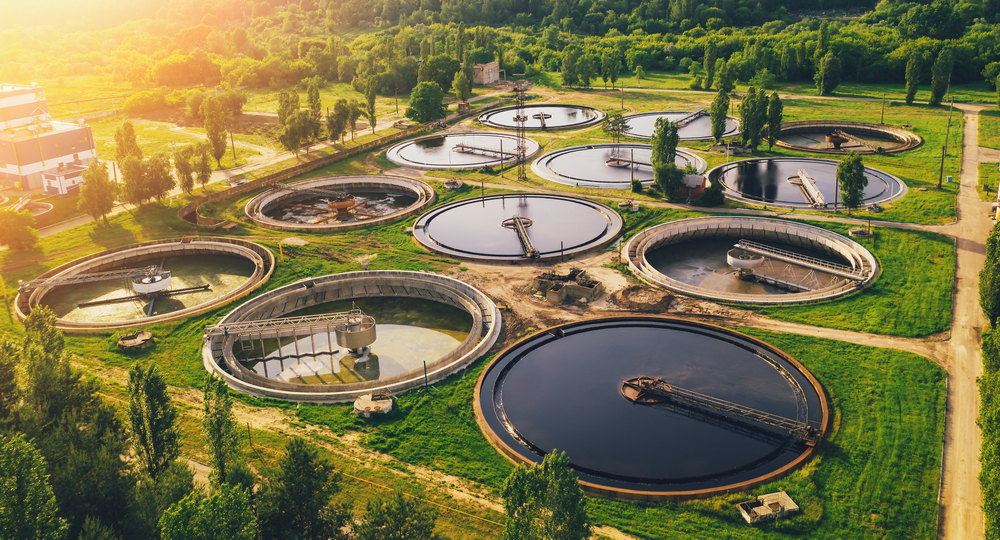
How to Choose the Right Wastewater Treatment System for Your Needs
Choosing the right wastewater treatment system is crucial for both environmental compliance and operational efficiency. Whether you’re managing wastewater for a residential community, industrial facility, or commercial establishment, the selection process involves several key considerations. This blog aims to guide you through the factors to evaluate and the steps to take when choosing a wastewater treatment system tailored to your specific needs.
Understanding Your Wastewater
The first step in selecting a wastewater treatment system is to understand the nature of your wastewater. Factors to consider include:
- Volume and Flow Rate: How much wastewater do you generate daily, and at what rate does it flow into the treatment system?
- Composition: What contaminants are present in the wastewater? This could include organic matter, chemicals, heavy metals, or pathogens.
- pH and Temperature: The pH level and temperature of wastewater can impact the effectiveness of treatment processes.
Regulatory Requirements
Next, familiarize yourself with local and national regulations governing wastewater treatment. Compliance with these regulations is mandatory and failure to meet them can result in fines or legal actions. Regulations may dictate discharge limits for various contaminants, treatment standards, and reporting requirements. Understanding these regulations will help you choose a treatment system that meets or exceeds the necessary standards.
Treatment Objectives
Define your treatment objectives clearly:
- Primary Treatment: Do you need basic solids removal and sedimentation?
- Secondary Treatment: Are you aiming to reduce organic matter and improve water quality further?
- Tertiary Treatment: Do you require advanced filtration or disinfection for reuse or environmentally sensitive discharge?
Available Space and Infrastructure
Consider the physical space available for installing a treatment system. Some systems require significant land area for construction and operation. Additionally, evaluate your existing infrastructure such as piping, electrical capacity, and accessibility for maintenance. These factors will influence the type and size of treatment system that can be accommodated on your site.
Operational and Maintenance Requirements
Assess the operational and maintenance needs associated with different treatment systems:
- Labor Requirements: How many personnel are needed to operate the system effectively?
- Maintenance: What routine maintenance tasks are required, and how often?
- Energy Consumption: Evaluate the energy demands of each system, including potential for energy recovery or reuse.
Lifecycle Costs
Consider the lifecycle costs associated with each treatment system option:
- Capital Costs: Initial investment in equipment, installation, and site preparation.
- Operational Costs: Ongoing expenses such as energy consumption, chemicals, and labor.
- Maintenance Costs: Costs associated with routine maintenance, repairs, and replacement of components.
Treatment System Options
Explore different types of wastewater treatment systems:
- Activated Sludge Process: Effective for organic matter and nutrient removal.
- Membrane Bioreactors (MBR): Combines biological treatment with membrane filtration.
- Constructed Wetlands: Natural systems for treating wastewater through vegetation and substrate.
- Chemical Treatment: Using chemicals to precipitate contaminants or adjust pH.
Environmental Considerations
Evaluate the environmental impact of each treatment system:
- Discharge Quality: Will the treated water meet local environmental standards?
- Energy Efficiency: Which system has the lowest energy consumption and carbon footprint?
- Waste Generation: Consider sludge production and disposal requirements.
Consultation and Expertise
Seek advice from wastewater treatment professionals or consultants:
- Engineering Firms: Engage with firms specializing in wastewater treatment design and implementation.
- Regulatory Agencies: Consult with environmental regulators to ensure compliance and gain insights into emerging technologies.
Pilot Testing
Consider conducting pilot testing of promising treatment technologies:
- Feasibility: Test the effectiveness of a system under actual operating conditions.
- Performance: Evaluate how well the system meets your treatment objectives and regulatory requirements.
Conclusion
Choosing the right wastewater treatment system involves a thorough assessment of your wastewater characteristics, treatment objectives, regulatory requirements, and operational considerations. By understanding these factors and exploring various treatment options, you can select a system that not only meets environmental standards but also optimizes efficiency and reduces lifecycle costs. Remember to consult with experts and consider pilot testing to ensure the chosen system is the best fit for your specific needs. Making an informed decision in wastewater treatment benefits both your organization and the environment in the long run.
Got Questions? Let Us Help!
Welcome to Royal Water Works, Inc.! We are a family-owned business that has been serving the heart of Pisgah Forest, NC for over twenty years. As an environmental service company, Royal Water Works, Inc. partners with contract operations for water testing, water filtration design, wastewater operations, iron removal, PH adjusting, ultraviolet disinfection, and more. We provide a high degree of customer service and quality work to ensure we get the job done. Call us today; we can’t wait to hear from you!
Categorised in: Wastewater, Water Treatment Service
